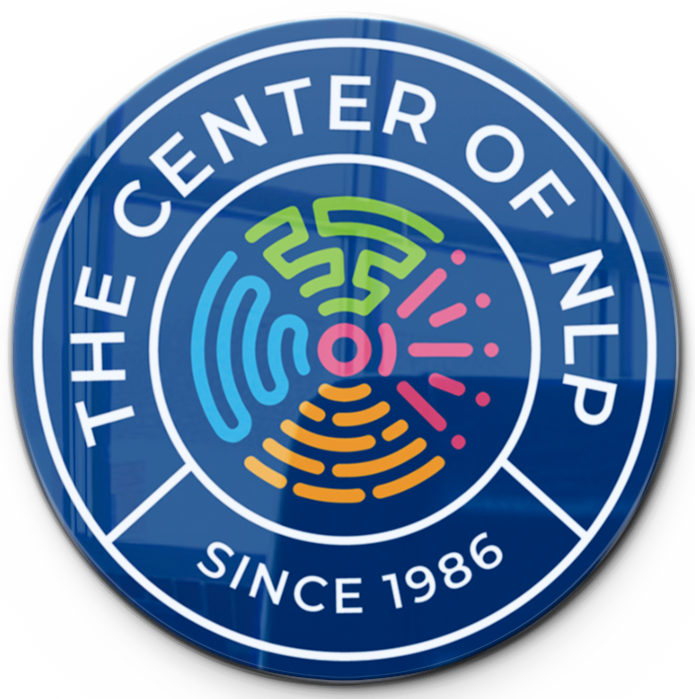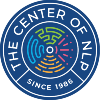CONTACT US info@centerofnlp.com

Mind Over Matter: Harnessing the Power of NLP for Health and Well-being
1. Introduction
In our quest for health and well-being, we often overlook the incredible power of our own minds. Neuro-Linguistic Programming (NLP) offers a unique set of techniques that can unlock this power and help us achieve greater physical and mental well-being. In this article, we will explore the world of NLP, understand its techniques, and discover how it can positively impact our lives.
2. Understanding NLP Techniques
2.1 What is NLP?
Neuro-Linguistic Programming, or NLP, is a field that explores the relationship between our thoughts, language patterns, and behaviors. It provides a practical approach to understanding and changing the way we think, communicate, and behave. NLP techniques are rooted in the belief that we can overcome limitations, enhance our strengths, and achieve personal transformation by reprogramming our thought patterns.
2.2 The Benefits of NLP
NLP offers a wide range of benefits for health and well-being. By using NLP techniques, individuals can effectively manage stress and anxiety, improve self-esteem, enhance motivation, and establish better relationships. Moreover, NLP provides tools for personal growth and empowers individuals to overcome limiting beliefs that hold them back from reaching their full potential.
3. NLP and Health Improvement
3.1 Overcoming Limiting Beliefs
Our beliefs shape our reality, and often, we hold onto limiting beliefs that hinder our progress. NLP helps identify and challenge these beliefs, replacing them with empowering ones. By reframing our thoughts and adopting a growth mindset, we can overcome self-imposed limitations and achieve optimal health and well-being.
3.2 Managing Stress and Anxiety
Stress and anxiety have become prevalent in our fast-paced modern lives. NLP offers effective techniques for managing these conditions. By utilizing methods such as pattern interruption, anchoring positive states, and reframing negative thoughts, individuals can reduce stress levels, gain emotional resilience, and improve overall mental health.
3.3 Enhancing Motivation and Goal Setting
NLP provides powerful tools for enhancing motivation and setting achievable goals. Individuals can tap into their inner motivation and drive by utilizing techniques such as visualization, setting intentions, and creating compelling future outcomes. NLP helps align the conscious and unconscious mind toward achieving desired health and well-being goals.
4. NLP for Well-being
4.1 Building Confidence and Self-Esteem
Confidence and self-esteem are crucial for overall well-being. NLP techniques can help individuals build and strengthen these qualities. Individuals can develop unwavering self-belief and a positive self-image by working on self-talk, modeling confident behaviors, and utilizing anchoring techniques.
4.2 Improving Relationships and Communication
Healthy relationships are fundamental to our well-being. NLP offers powerful communication tools that enhance rapport building, active listening, and understanding others. By learning to communicate effectively, individuals can easily foster harmonious relationships and resolve conflicts.
4.3 Developing Positive Habits and Behavior Change
Positive habits and behaviors contribute to long-term health and well-being. NLP provides strategies for behavior change by working with the unconscious mind. Techniques like submodality shifts, parts integration, and timeline therapy enable individuals to replace negative habits with positive ones, leading to lasting change.
Discover Flexible Communication Strategies for NLP and adapt your approach to any situation.5. Applying NLP in Daily Life
5.1 Setting Intentions and Affirmations
Setting intentions and using positive affirmations are powerful NLP techniques. By clearly defining what we want to achieve and reinforcing it with affirmations, we direct our minds toward desired outcomes. This practice helps align our thoughts and actions with our health and well-being goals.
5.2 Visualization and Mental Rehearsal
Visualization and mental rehearsal are techniques used by many successful individuals. NLP utilizes these techniques to create a vivid mental picture of desired health and well-being. By regularly visualizing ourselves as healthy and vibrant, we can program our minds to manifest these qualities in our physical reality.
5.3 Anchoring and Triggering Positive States
Anchoring is a technique where a specific stimulus, such as a touch or a word, is associated with a positive emotional state. NLP teaches individuals to create anchors that can be triggered to access these positive states whenever needed. By using anchors, individuals can instantly shift their mental and emotional state, promoting overall well-being.
6. Conclusion
Neuro-Linguistic Programming (NLP) provides a powerful framework for enhancing health and well-being. By understanding and applying NLP techniques, individuals can overcome limiting beliefs, manage stress, improve relationships, and develop positive habits. By harnessing the power of our minds, we can unlock our full potential and create a life of optimal health and well-being.
Learn more here: Centerofnlp.com
For inquiries and further information, kindly reach out via email to info@centerofnlp.com
Check Out For more:
Boosting Confidence and Overcoming Limitations with NLP Techniques
The Art of Effective Communication: NLP Strategies for Better Interactions
NLP Techniques for Overcoming Procrastination and Boosting Productivity
Mastering Influence: Using NLP to Persuade and Inspire Others
FAQs
7.1 How long does it take to see results with NLP?
The time it takes to see results with NLP varies from individual to individual. Some people experience immediate changes, while others require more time and practice. Consistency and commitment to practicing NLP techniques are key to achieving desired results.
7.2 Can anyone learn and benefit from NLP techniques?
Yes, anyone can learn and benefit from NLP techniques. NLP is a versatile field that individuals from various backgrounds and professions can apply. Whether you're seeking personal growth, improved relationships, or enhanced well-being, NLP offers valuable tools for everyone.
7.3 Are NLP techniques scientifically proven?
While NLP techniques have shown positive results in many individuals, it's important to note that NLP is a field that combines elements of psychology, linguistics, and neurology. While there is scientific research supporting some NLP techniques, the overall body of scientific evidence is still developing.
7.4 Is NLP a form of therapy?
NLP is not a form of therapy in itself. However, NLP techniques can be integrated into therapeutic approaches to enhance their effectiveness. Many therapists and coaches use NLP techniques as part of their practice to help clients achieve positive change and personal growth.
7.5 Can NLP help with overcoming phobias and fears?
Yes, NLP has been widely used to overcome phobias and fears. Techniques like the Fast Phobia Cure and Visual/Kinesthetic Dissociation have shown promising results in helping individuals free themselves from irrational fears and phobias. NLP offers effective tools for reprogramming the mind and releasing limiting emotions.
Copyright 1989 - 2024 | The Center of NLP © | All Rights Reserved

